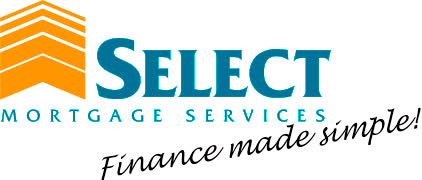Feeding the Beast: Staying in Control of Your Credit Card
A Credit Card is like a hungry, wild animal.
If you don’t treat it with care, feed it when its hungry, or lose control, it will probably eat you. But if you treat it responsibly, satisfy its hunger when needed and always stay in control, it can be incredibly beneficial for you. While a credit card is usually seen as an instrument of debt, there are ways you can avoid the ‘inevitable’ and harness the card’s accrediting power (pun intended).
Before acquiring one however, be confident in your ability to control yourself and your money. The key to succeeding when using a credit card is to be responsible. Don’t spend more than what you can afford, even if it may seem convenient. It may be beneficial to create a budget – so you have an idea how much you can afford it spend. We have a comprehensive guide in a previous post you can read to help you understand the budgeting process. Not only that, but research various options to find the card that suits you the most – compare fees, interest rates and features.
The most important thing to remember is to pay your bill on time. This will save you paying any extra interest and/or late payment fees. Remember to keep track of your spending and stay within your limit. A helpful hint; if you pay off more than the minimum repayment each month, it can help you to save on interest and lets you pay off your balance sooner.
There are quite a few benefits to owning a credit card when used responsibly. They allow you to create a good credit history, they keep records of how much you spend on what, they make it easy to access cash in an emergency, and overall, they make spending money convenient. Some credit cards even offer rewards schemes that most debit cards don’t.
A way to keep yourself in check is to pay a fixed amount from your pay check each week or fortnight into a direct debit account dedicated to your credit card repayments. If you set it up your account to automatically transfer the money over each time, you won’t be tempted to spend it.
It is also important that you keep your receipts and check any transactions from your card that are unusual. These might be things like charges by companies you don’t recognise, large and unusual charge amounts, changes in direct debit amounts or duplicate charges.
While there are benefits to owning a credit card, there are also many downsides, especially if you are planning on saving for short term or long term goals. Too much credit card debt is not favourable in the eyes of lenders, it can ruin your credit score, and lead to possible bankruptcy. That is why it is incredibly important to assess your finances and the risks involved before thinking of acquiring a credit card.
While a credit card can be the cheapest form of credit (if you use an interest free card and pay it off each month), it can also be the most expensive form of credit and can create long term debt.
“If you like helping the banks make money, long term debt will grow their profits and take from your annual earnings,” says Peter.
At Select we advise that if you do choose to own a credit card, use it wisely. Like a wild animal, spending can be hard to control without a firm grip of control. If you need advice on how your credit card debt will affect your ability to get a home loan, send us a message on our Facebook page, or organise an appointment with one of our helpful staff members.

